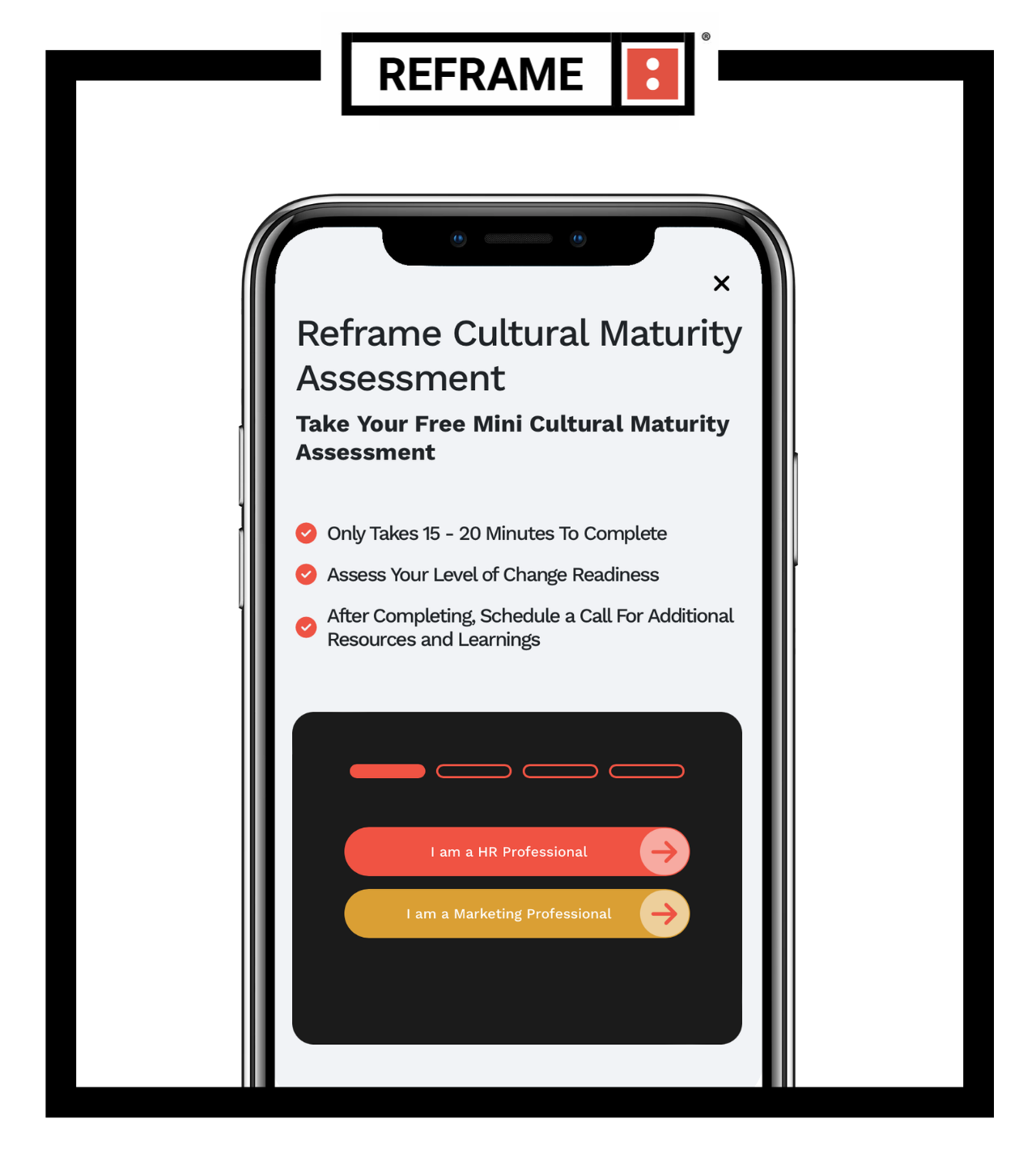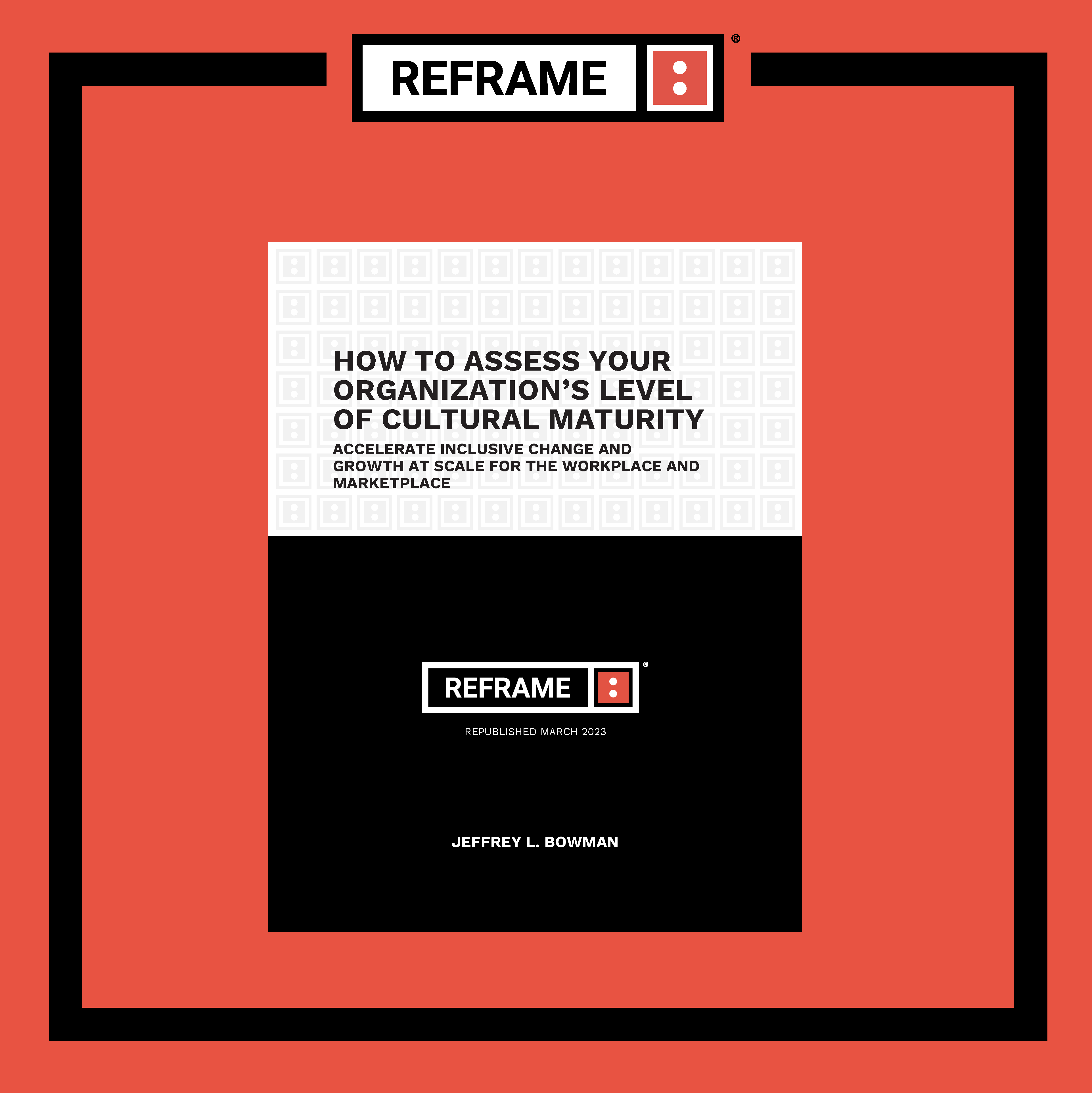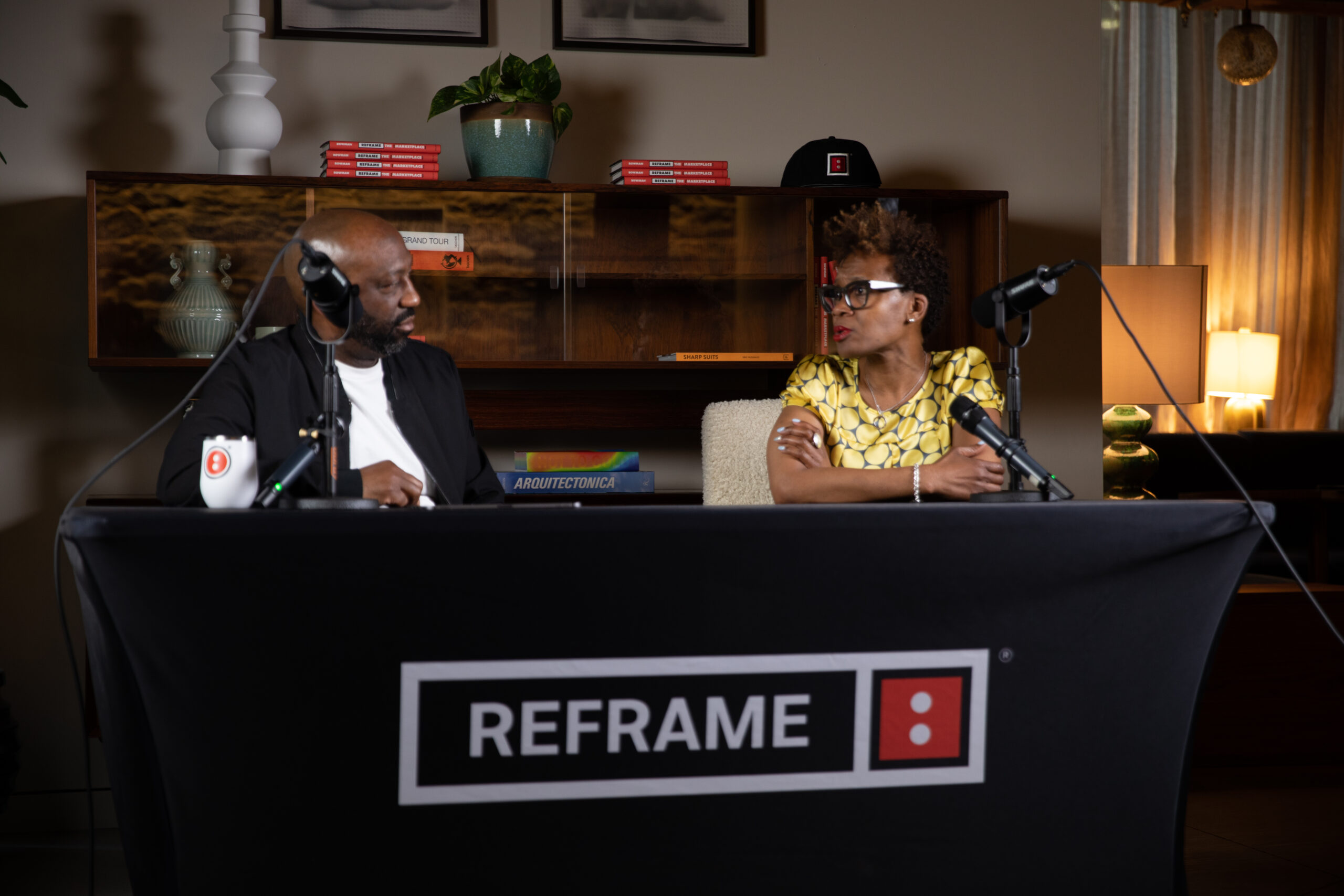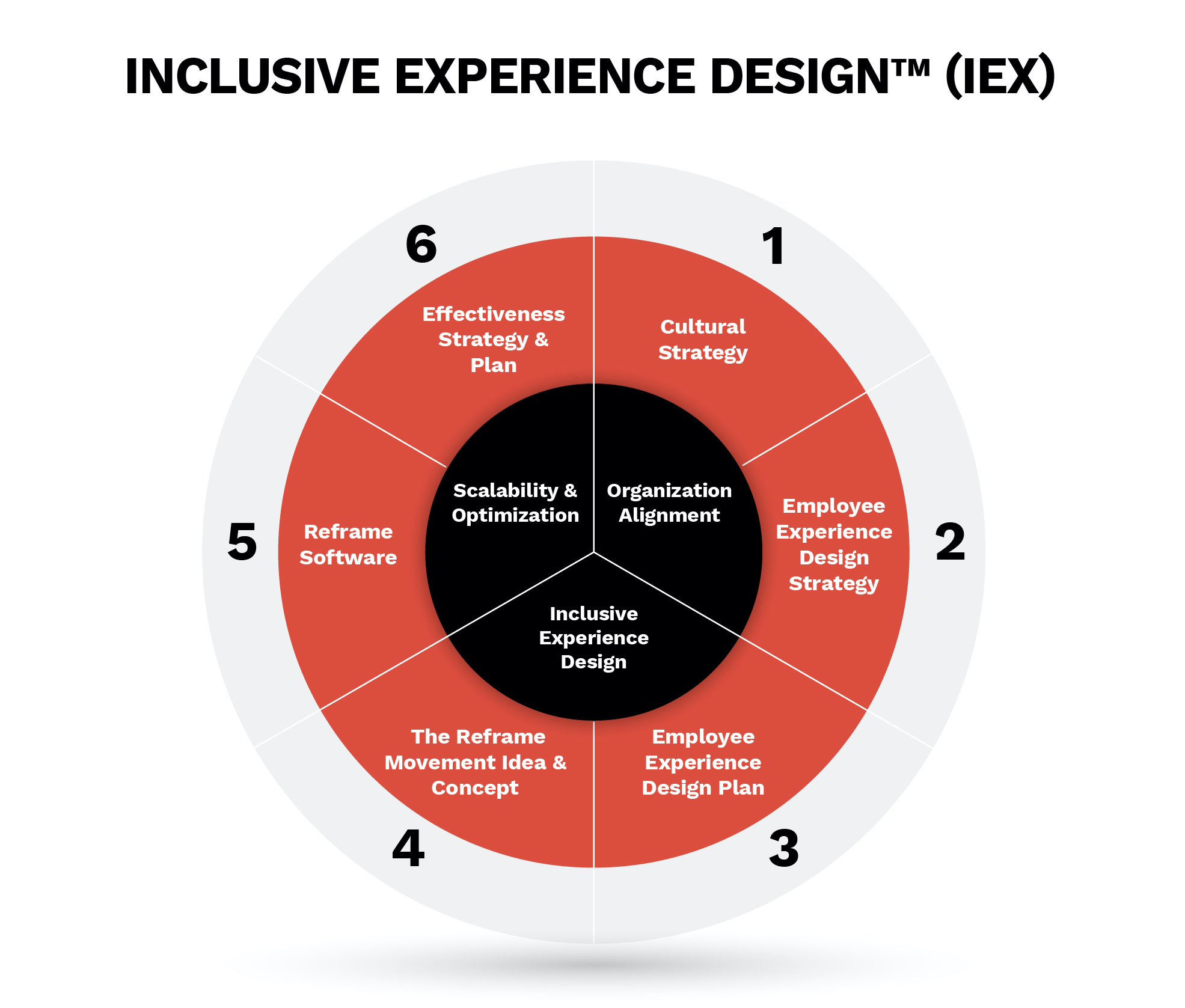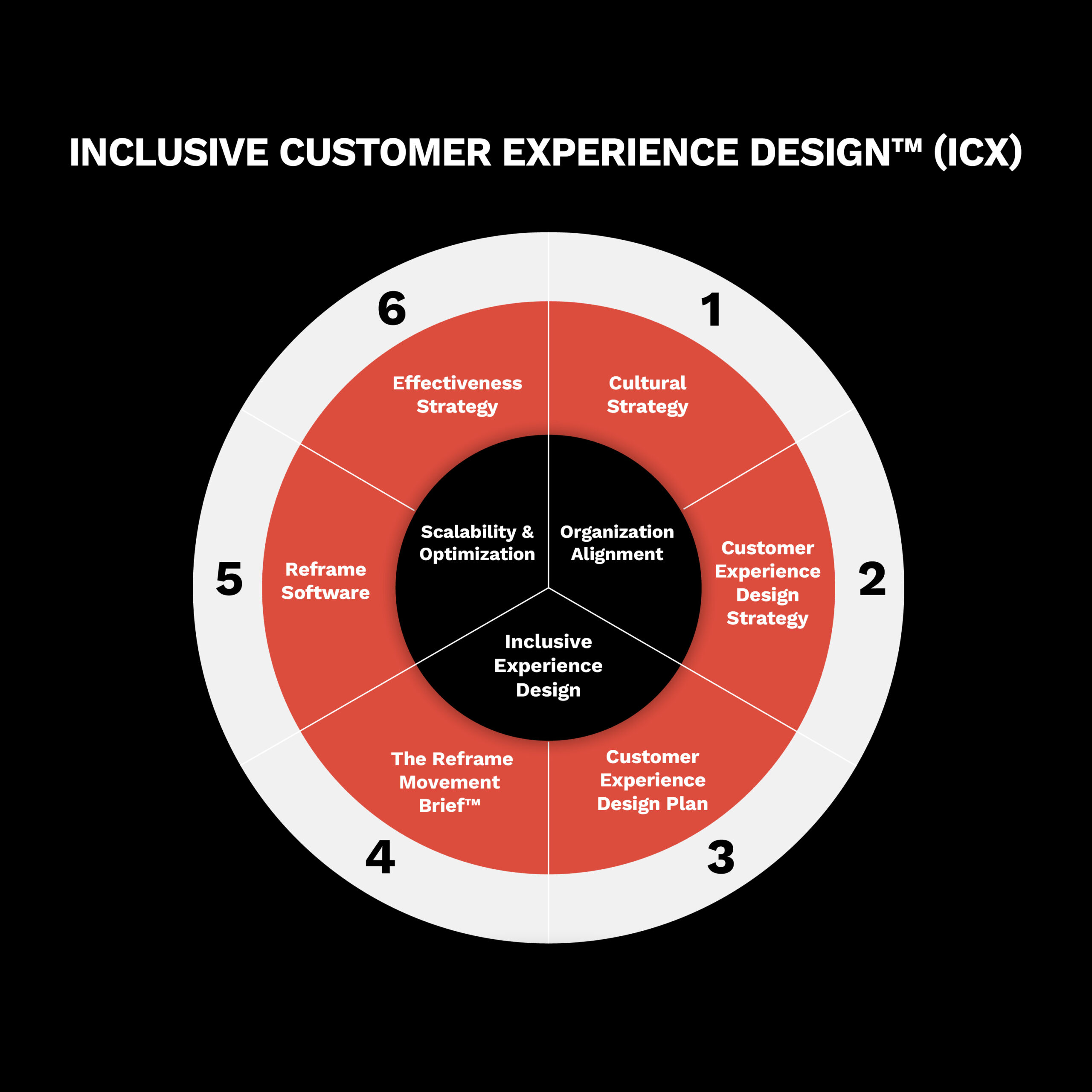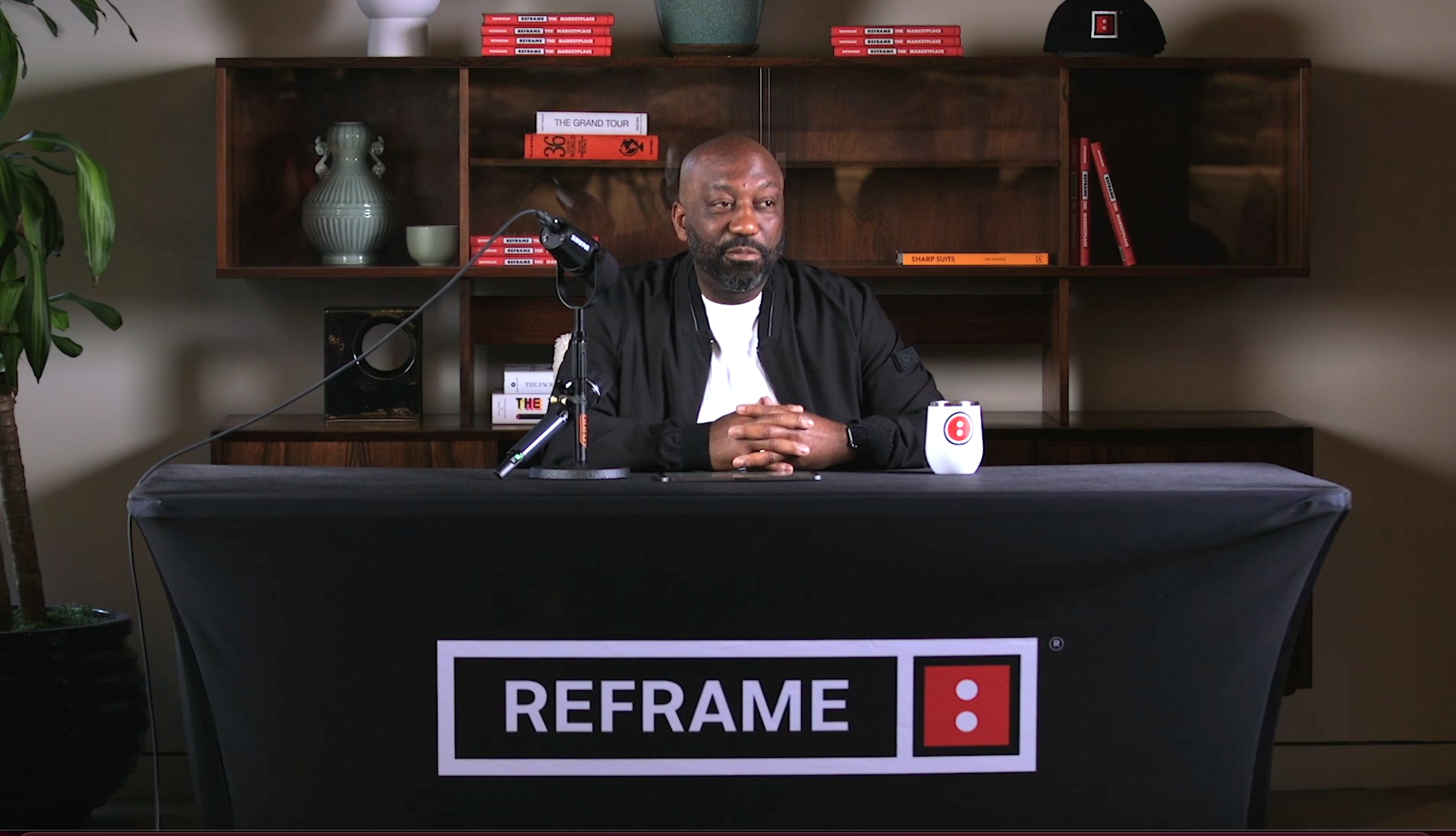It’s time to Reframe the workplace: Join us for our upcoming Reframe Learning Experiences
If the workplace not only isn’t representative of our identities, communities attitudes and behaviors, how can we ensure our products and services are actually doing their job?
Better yet — if our middle-managers, directors and executives don’t look, sound, or think like the audiences we try to market to, how can we be sure our marketing isn’t tone-deaf at best, downright offensive at worst?
These are the questions the Reframe Change Summit dares to answer — if you’re wondering what you can do to prepare for the next generation of workplace and marketplace realities, the upcoming San Francisco and Dallas summits are perfect for you.
What you can expect during the upcoming Change Summits:
The business case behind belonging
As Coach and DEI Consultant Tanya M. Odom mentioned in her workshop “Employee Engagement in the Age of Acceleration” during the New York City Summit hosted in April, belonging is a key tenet to success in diversity and inclusion initiatives.
Reminiscent of Amy Edmonson’s theory of psychological safety, belonging is a measurable sense that each and every employee’s full identity is welcomed in the workplace. This is an integral concept that shows up at work every day, but is often ignored in favor of ‘hard and fast’ metrics and OKRs.
If this sounds a little more touchy-feely than you were expecting: good. While the Summit will give you a comprehensive data set that details why this mindset shift is so important, it will also reify how this mindset is different from ‘business as usual.’
Not surprising: the Summit isn’t for the faint of heart nor is it for individuals resistant to change. Much like the future of our workplace, lasting change is forthcoming whether you are prepared or not.
The Nobility Complex and Your Organization
As Uber’s Nancy Douyan introduced in our most recent Summit, the concept of the nobility complex, or when products are built from an empathic ‘we want to help’ perspective, but completely ignores the norms and behaviors already found in the target audience, has already reared its ugly head in our rapid-developed-product world.
Douyan’s experience at Uber, among other organizations, highlighted the idea that empathy isn’t truly enough — product designers coming from a place of privilege may, consciously or unconsciously, bias themselves toward believing they understand their audience better than the audience understands themselves.
When living in a time where the Citigroup CEO recognizes that ‘“[he’s] sat around the table with a bunch of, politely put, middle-aged white men and had groupthink,” this insight is beyond important to sit and think on.
How can we as individual contributors, managers and leaders challenge our internal assumptions that says we know better than our audiences?
How do we check our privilege so we’re not designing products and solutions that don’t work for our audience?
The workplace of the future and why cultural maturity matters
As we explore in our online resource How to Assess Your Organization’s Cultural Maturity, the total addressable market (that which a modern brand can market to and a modern company can hire) doesn’t look like our fathers’ generation. Our largest demographic in the 2020 Census will be people who identify with more than one ethnicity. Yet most organizations still use census-based internal practices and marketing methods developed in the 1960s.
In more concrete terms: what got us here won’t get us to the future, especially when it comes to recruitment, retention and marketing practices. Our Summit facilitators are experts in recognizing what these changes will require from all organizations of the future, preparing participants to go back to their workplaces with the tools and mindset to bring about positive change.
Early bird ticketing for our San Francisco Summit (Wednesday, September 4th) and our Dallas Summit (Wednesday, October 3rd) has already started. We encourage you to join us, or to reach out if you have any questions about what to expect from these fantastic programming opportunities.
Build A Plan
Related Blog Articles
